# Reduction
# Overview
The ReductionProcessor takes an input scene and reduces the number of triangles and vertices in the scene in a heuristic manner by gradually removing vertices and triangles from the scene.
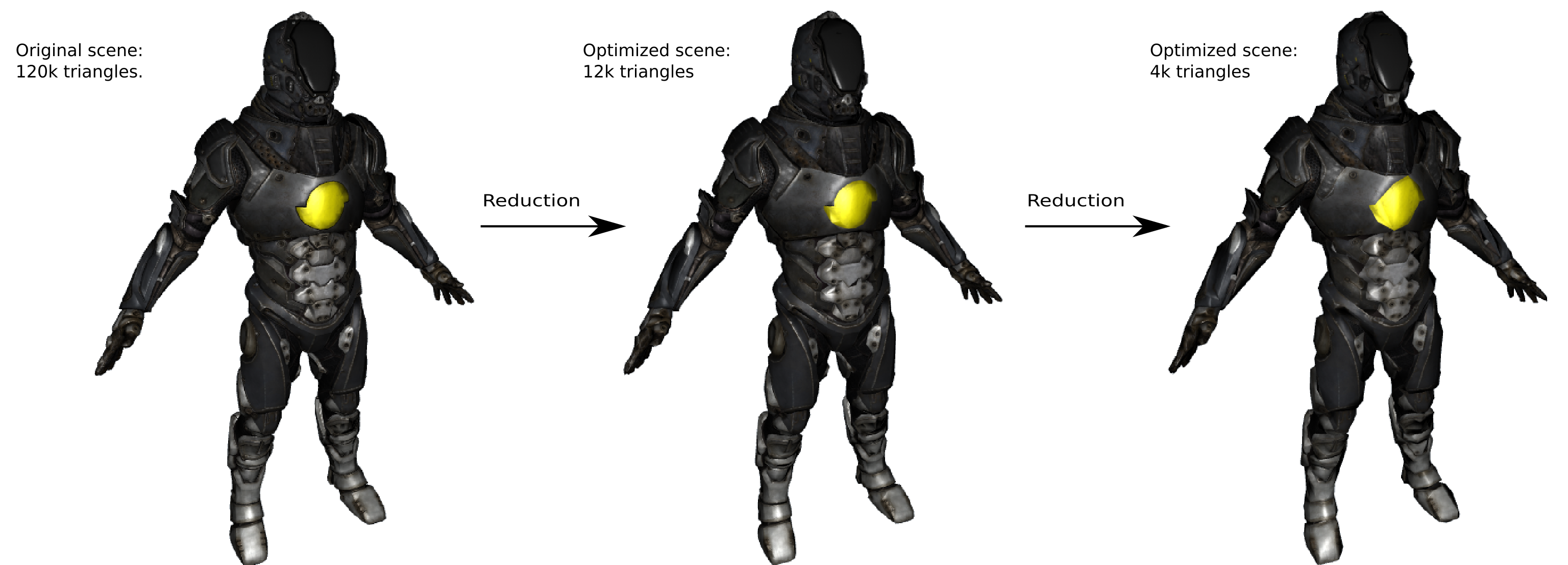
# Feature importance
When reducing a geometry, there are plenty of different data that needs to be taken into consideration. The most obvious one being purely geometrical features of the mesh, but things like UV coordinates, tangents, normals, vertex colors, and skinning are also important to preserve. In the ReductionProcessor the user can weight how important each different feature is individually so that they get a higher priority relative to the others.
| Figure | Description |
|---|---|
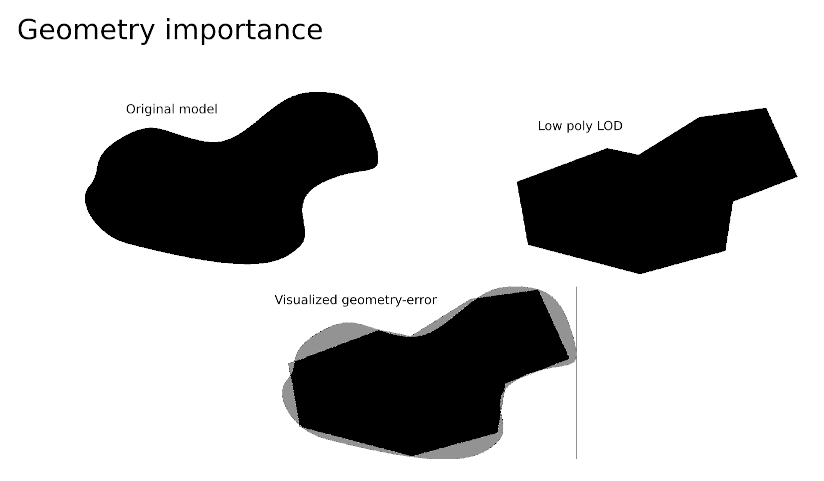 | Geometry importance controls the importance of the actual 3D coordinates, i.e. the silhouette. |
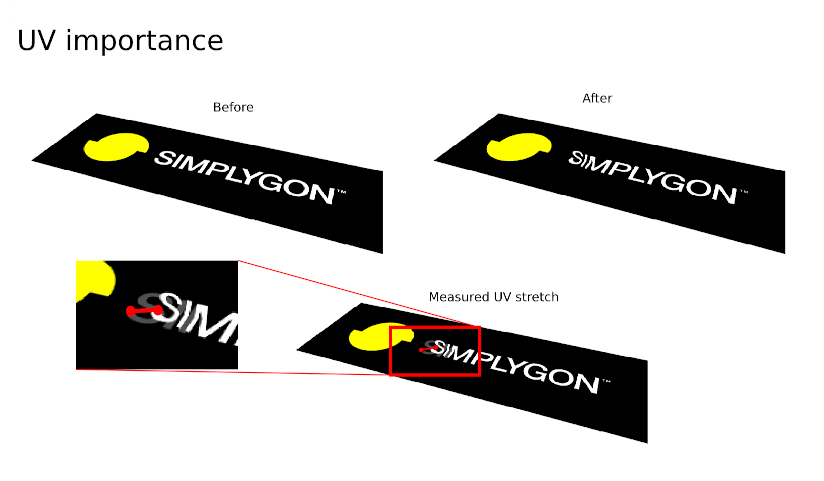 | UV importance controls the importance of not introducing new stretch or distortions in the texture coordinates. |
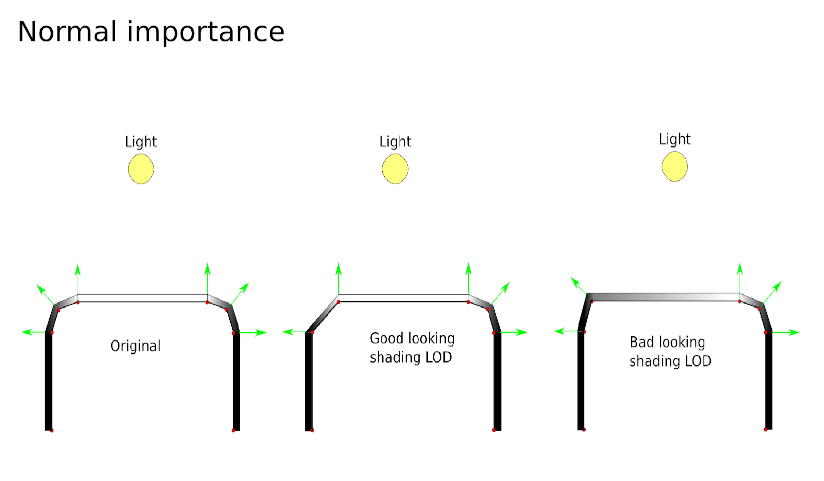 | Normal importance determines how important it is to maintain the normal vectors of the original mesh. |
# Targets and stop conditions
The reduction runs until one or multiple criteria have been met. The target can be a specific triangle count or ratio. But it can also be be set to a maximum deviation threshold or set to be optimized for a specific on screen size - meaning the remaining triangle count won't be known prior to reduction, but the quality will.
# Geomorph
When creating a LOD with the Reduction Processor, Simplygon has the possibility to create a Geomorph model for the original model. This Geomorph model contains the same number of triangles as the original model, and contains all corner / vertex data needed to morph the original into looking like the LOD. Usually this data are the common fields such as vertex colors, UVs, normals, tangents, bone-weights etc, but it can be any data fields that has been loaded into the Geometry. Using Geomorph right before swapping between the models gives a smooth and pop-free LOD transition.
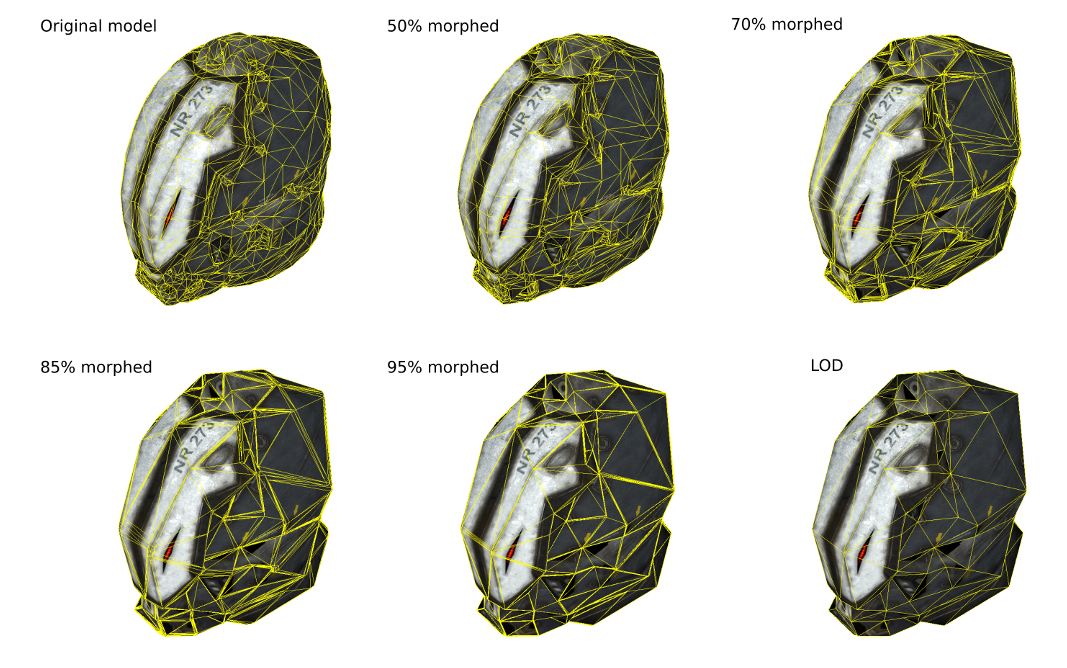
# Symmetry
Simplygon detects if a mesh is symmetrical and mirrors the reduction on both sides of the symmetry plane. Symmetric re-triangulation creates a symmetry in the triangulation, where possible, of a mesh before processing. Typically, this is useful when working with triangulated quad meshed, where symmetric features are present, but where triangulation is asymmetric with respect to some given plane.
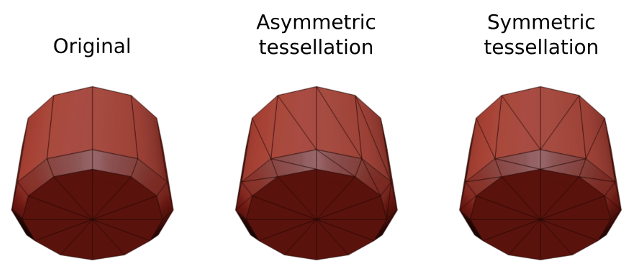
# Modular seams
Ensures gapless reduction between modular parts by detecting and analyzing Modular seams in the scene prior to reduction. Go to the Modular seams section for additional info.
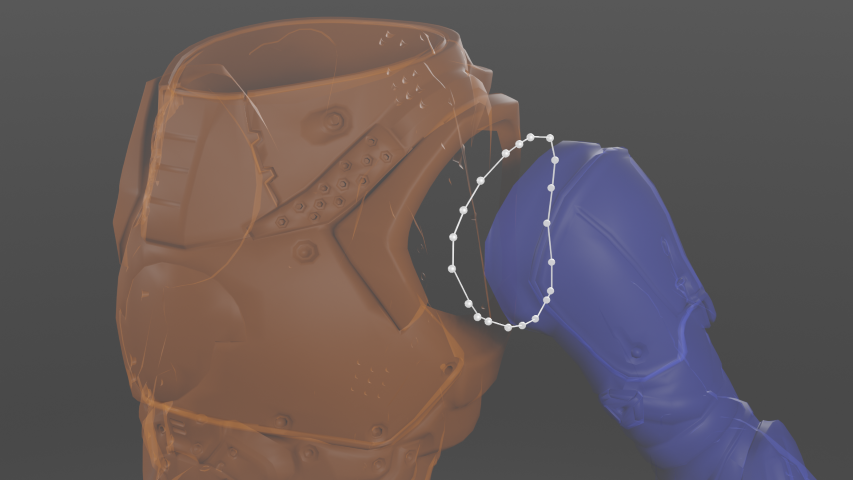
# Supported components
The Reduction processor works with:
Bone reducer
Accessible from the bone settings.Parameterizer
Accessible from the mapping image settings.Chart aggregator
Accessible from the mapping image settings.Normal repairer
Accessible from the normal calculation settings.T-junction remover
Accessible from the repair settings.Visibility
Accessible from the visibility settings. Use it to remove non-visible texture space and triangles.Welder
Accessible from the repair settings.
